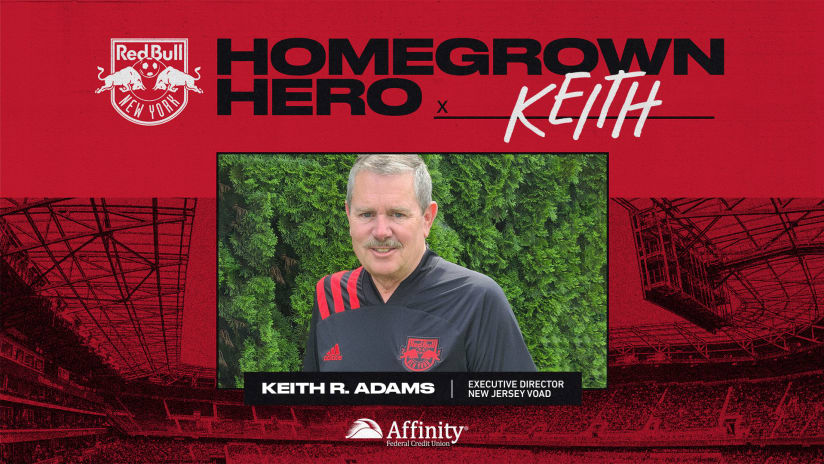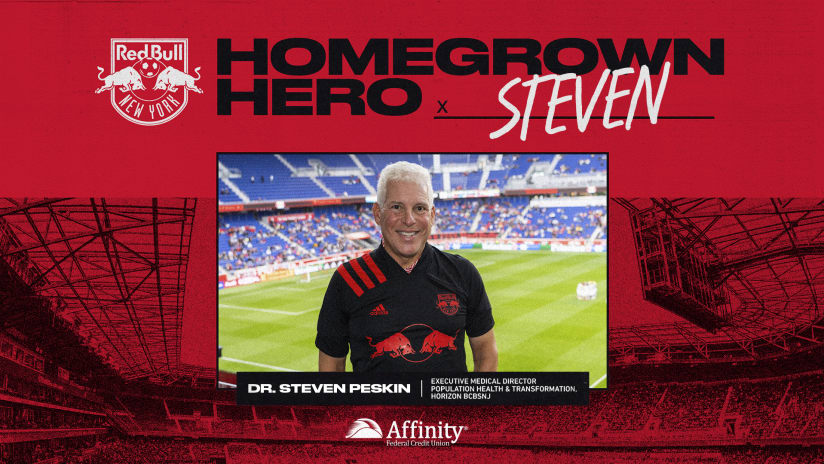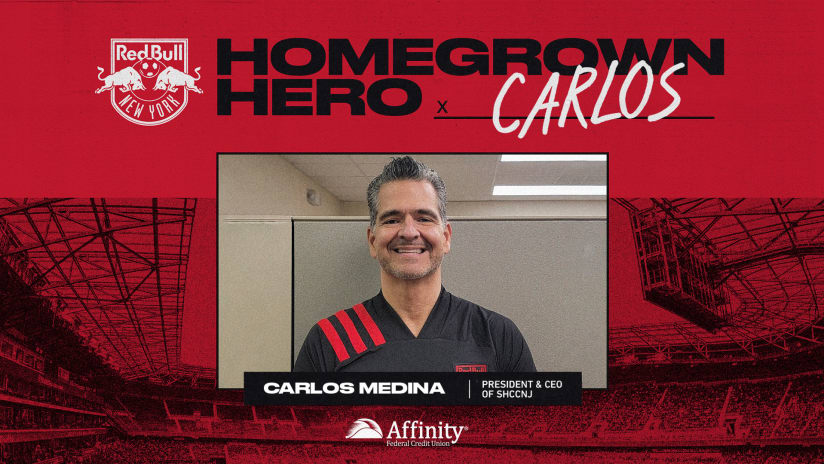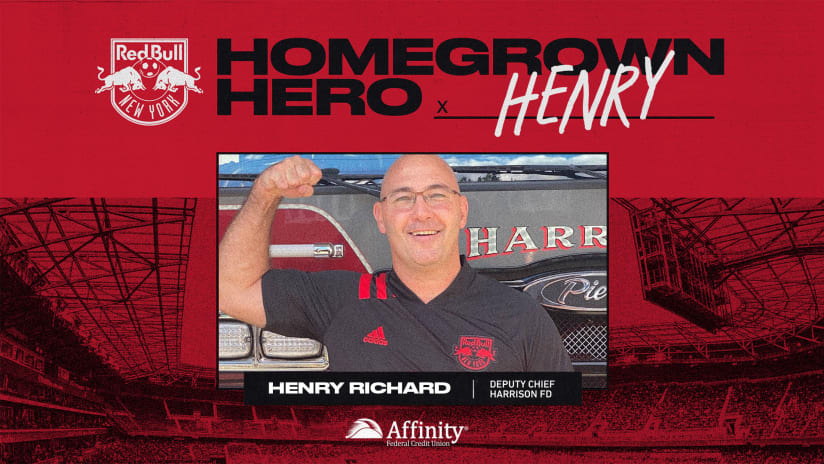This month’s Homegrown Hero is Keith R. Adams, Executive Director at New Jersey VOAD. We caught up with him to know his story about his career and how his working routine has changed since the pandemic started. We thank Keith for all his efforts and for inspiring our club with his acts. This year’s initiative includes giving $1,000 to a charity of our Homegrown Hero’s choice, and for this month, Keith selected New Jersey VOAD.
Tell me about your career and what inspires you every day?
After a long time career in Emergency Services, I retired in 2012; but leisure wasn’t in the picture. I soon found myself coordinating The Episcopal Church in New Jersey’s Superstorm Sandy Recovery program for nearly 7 years, assisting survivors to rebuild their homes and lives. This led to my involvement with New Jersey VOAD (Voluntary Organizations Active in Disaster).
You may not recognize our name, but you know our member agencies; American Red Cross, The Salvation Army, United Methodist Committee on Relief, Team Rubicon, Episcopal Relief and Development, NECHAMA, United Ways, Catholic Charities, United Sikhs, and more than 60 others who help people and communities; in preparation, response, recovery, and mitigation of disasters. Together we improve outcomes for people and communities affected by disasters large and small by facilitating cooperation, communication, coordination and collaboration among nonprofit organizations, community-based groups, government agencies and for-profit companies.
Every day is a disaster for someone in New Jersey. A family will lose their home to a fire, the most frequent disaster nationwide. Or maybe you will be hungry or homeless and will be fed or sheltered by one of our members. Perhaps you were affected by Superstorm Sandy. Our members were there from immediate response to long term recovery, rebuilding homes and lives. You may have been among the thousands who were assisted through this current pandemic with food delivery, medical care, access to masks, or more.
Serving as Chairperson of New Jersey VOAD from 2015-2020 and now as its Executive Director, I am passionate about our work every day to help New Jerseyans survive and recover from disasters large and small. We’re working to help families, organizations, and communities to become more disaster resilient.
I’ve also had the privilege of serving as Vice Chair of National VOAD, supporting disaster planning, response, and recovery throughout the United States.
How much have your job duties changed since the pandemic started?
Leading an organization focused on disaster resilience, response, and recovery; our organization must always be agile and adaptive to the current disaster. All disasters present unique challenges and opportunities. For the nearly eighteen months of the Covid-19 pandemic we have been hard at work coordinating and supporting our members and partner’s essential work. We’ve had to rapidly ramp up our capabilities to respond to the public health, economic, and mental health challenges that everyone is facing to some extent. Unlike natural disasters, where a defined group of residents are affected, Covid-19 affects us all. We had to learn new ways to work safely and efficiently, and of course, virtually. We have recruited, deployed, and managed thousands of volunteers working in our food banks, testing, and immunization centers, and more. Over $3 million dollars of personal protective equipment have been distributed to keep our frontline workers safe. It has been a challenging period, but I am excited about the opportunities presented to demonstrate the importance and power of strong, healthy, and resilient communities.
What’s the biggest lesson/s you’ve learned during this time period?
First, grace! All disasters are stressful, for both survivors and those who are the helpers; but this pandemic has been especially hard because we are all survivors. And like all disasters, it is occurring in a particular context…hunger, homelessness, political divide, racism, and poverty don’t get put on pause. So, it’s been important to remember that we are all affected, we are all trying to make our way to a new normal. Be kind!
Second, when individuals, neighbors, community organizations, corporations, and government work collaboratively to help one another, it is a powerful source of good. In Superstorm Sandy and disasters across this country, we have observed that communities that have these strong networks respond more effectively and recover faster. In our current pandemic, we are reaping the benefits of the improved resilience of our communities. It is my hope that we continue to build these strong and resilient community networks, for the next major disaster…and for those everyday disasters as well.






